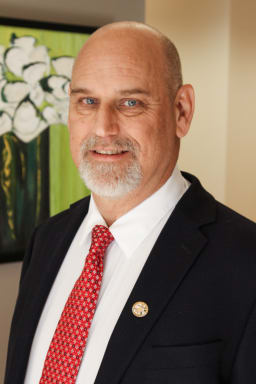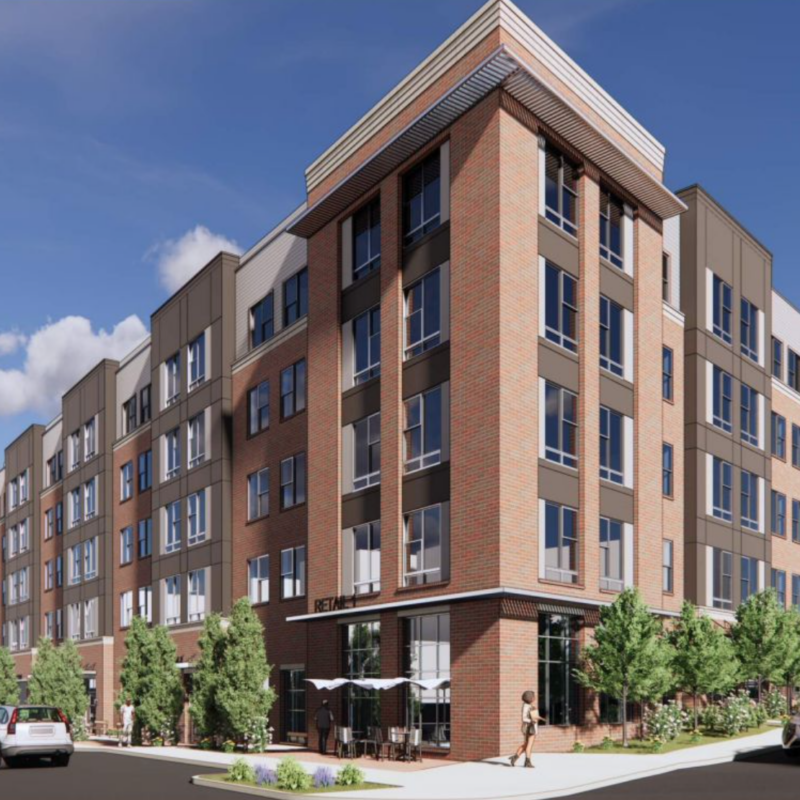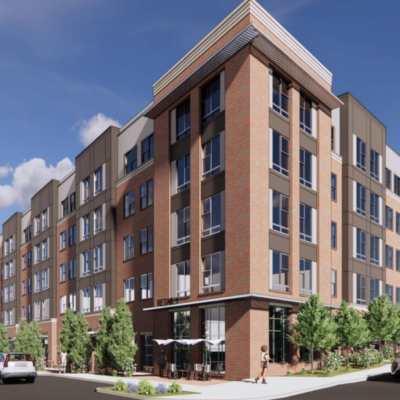
With more homes comes more traffic. And those in the Fry’s Spring Neighborhood Association (FSNA) are sick of those extra cars on Old Lynchburg Road.
In response to C-VILLE’s recent coverage of city speeding tickets, Jeanne Chase, a FSNA member, wrote to tell us that the speeding problem “is 24/7 on our neighborhood street of 25 mph” and cited a traffic study that showed a road average of 5,300 cars daily at 40 mph. To see for ourselves, we took her up on her offer to pull up a lawn chair on her front yard and watch the cars go by.
On the sweltering Thursday afternoon we visited, City police had conveniently placed a “smart trailer”—one of those electronic signs that tells drivers their current speeds—within sight of Chase’s lawn. Chase passed around fresh banana bread to FSNA members Joe Goldsmith, John Santoski and Andrea Wieder (as well as a reporter and photographer).
The smart trailer, a police tool to reduce speeds, seemed to do its job for the 45 minutes we watched: Approximately 80 cars passed, with average speeds clocking in at around 29 mph.
As we observed, several in the group vented about exploding development surrounding Fry’s Spring—upcoming developments like Cherry Hill, Huntley, the Granger and Biscuit Run—with a focus on the traffic influx that brings to their neighborhood. They told stories of major injury and death from traffic accidents on Old Lynchburg Road, which has no sidewalk. “Nobody in their right mind would walk down that road,” says Goldsmith. “I see people do it all the time.” If nothing else can be done, such as building better alternative connector roads, they advocate closing the road at the county line.
But the discussion quickly turned to the larger question at the root of most development discussions: How do you solve growth problems when so many people want to live here? Goldsmith pointed out that Wieder, a New York City transplant, has only lived in the area since 2002.
Perhaps the only conclusion the group could reach is that government officials should make infrastructure (and particularly road) improvements before, rather than after, development takes place. “Instead of addressing the road issues on Old Lynchburg Road,” says Santoski, “the City goes ahead and approves the Cherry Hill development.”




